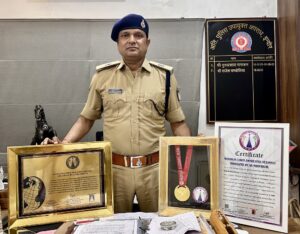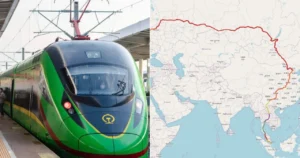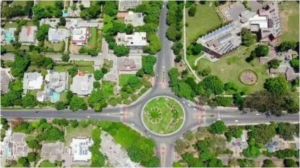Yes, Indira Gandhi was India’s first woman Prime Minister, and she remains one of the most influential and iconic political leaders in the country’s history.
- Indira Priyadarshini Gandhi. November 19, 1917, in Allahabad, British India (now in Uttar Pradesh, India).October 31, 1984, in New Delhi, India.
- Political Party: Indian National Congress (INC)
- Position: Prime Minister of India (1966–1977 and 1980–1984).
- Indira Gandhi became the first woman to hold the position of Prime Minister in India, taking office for the first time in 1966 after the death of Lal Bahadur Shastri.
- Her rise to power marked a historic moment in India’s political landscape, as she not only broke the gender barrier but also established herself as a formidable political leader.
- Indira Gandhi was known for her strong and decisive leadership, particularly during moments of national crisis. She is often remembered for her boldness in decision-making.
- During her tenure, she took steps that drastically reshaped India’s economic, social, and political structure.
- Green Revolution: One of Indira Gandhi’s major achievements was her successful push for the Green Revolution, which transformed India from a food-deficient nation into one that achieved self-sufficiency in food production.
- Nationalization of Banks: In 1969, she nationalized 14 major private banks to ensure that credit and financial services reached the rural and underprivileged areas of India.
- Pokhran Nuclear Test (1974): Indira Gandhi’s government conducted India’s first nuclear test under the name “Smiling Buddha” in 1974, establishing India as a nuclear power.
- Indira Gandhi faced a major political crisis in the mid-1970s. In 1975, after a ruling by the Allahabad High Court declaring her election invalid, she declared a state of emergency across India (from 1975 to 1977).
- The Emergency (a period of authoritarian rule) was marked by suspensions of civil liberties, press censorship, and mass arrests. While controversial, it was also seen as a period of political and economic stability in the face of rising unrest.
- After a brief period out of power, Indira Gandhi returned as Prime Minister in 1980, after leading the Congress Party to a resounding victory in the 1980 general elections.
- Her second term, however, was overshadowed by challenges such as the Punjab insurgency and the Operation Blue Star in 1984, which led to the military intervention in the Golden Temple in Amritsar, aiming to remove militants. The operation caused significant controversy and tensions in the country.
- Indira Gandhi was assassinated on October 31, 1984, by her own Sikh bodyguards in retaliation for the military operation in the Golden Temple. Her death plunged the nation into mourning and sparked widespread anti-Sikh riots.







